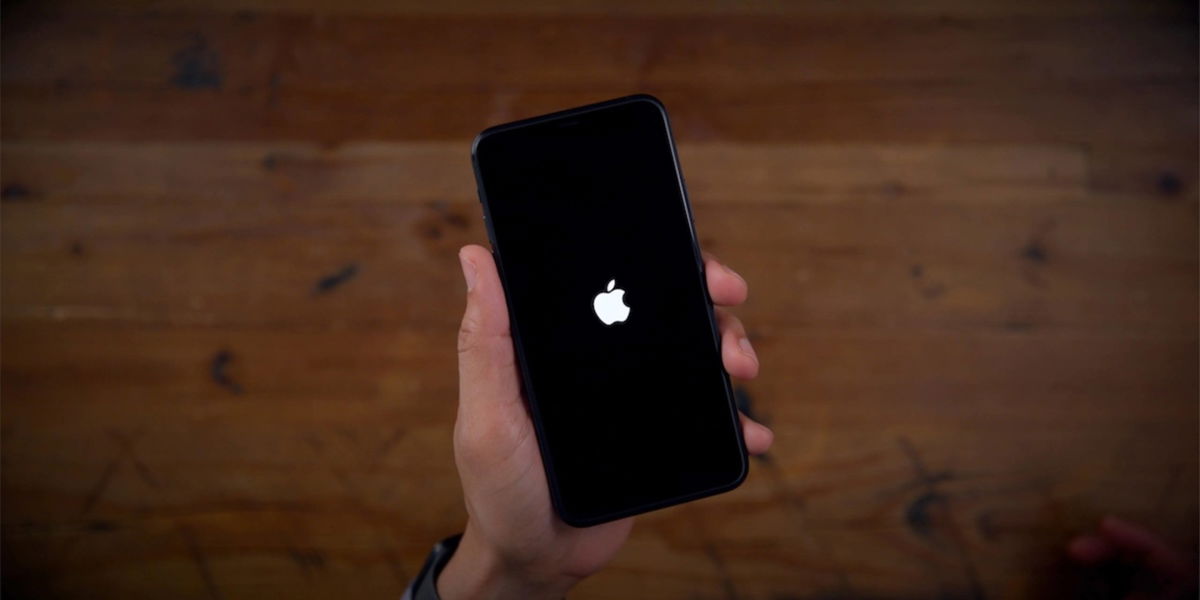Apple’s philosophy of integration between hardware and software when it comes to getting the most out of its devices is based on the fact that Apple creates both hardware and software.. As far as software is concerned, the situation has been like this for many years, while in hardware the evolution has been gradual.
In Macs, for example, the jump to Apple silicon has only recently been made, whereas before Intel chips were used. The same goes for modems, the chips in charge of connectivity, which currently belong to Qualcomm and also to Broadcom. Something that is about to change because, according to what Mark Gurman tells us in Bloomberg, Apple will soon start using its own
Own development for the best possible integration
Let’s get back to the context a bit, because it comes a long way. While Apple’s intention has always been to design the key components of its devices, one of the triggers for the desire to create its own modems was the 2017 legal battle with Qualcomm over royalties. A confrontation that ended abruptly with the signing of a multi-year cooperation agreement. In parallel, when Intel sold its modem division in 2019, the takeover was left to Apple, a base to start developing your own technology.
Fast forward to now and we see that Ming-Chi Kuo said a few months ago that Apple should continue to rely on Qualcomm because the modems were not yet ready
Given the importance of modems in Apple devices, the company will test the new chip in one device before rolling it out to the rest. Initially, that device was going to be the iPhone SE 4, which we now believe will be cancelled. The transition away from Qualcomm can take up to three yearsaccording to Gurman, and it would start in 2024. And to this will be added another, from 2025, to create its own Bluetooth and Wi-Fi chip and stop using Broadcom’s.
Along with this development, Gurman tells us that Apple is also working on a chip that combine both cellular connectivity and Wi-Fi and Bluetooth. A unique component that will give Apple greater flexibility when it comes to optimizing the operation of our devices in terms of consumption, speed and performance. A chip that will allow you to step away from other manufacturers and their own roadmaps to focus on the iPhone – but also the Apple Watch and other devices – when it comes to offering the most great integration possible between hardware and software. It seems far away, but 2024 is fast approaching in technological terms, so we will be aware of the evolution and surprises we see.









